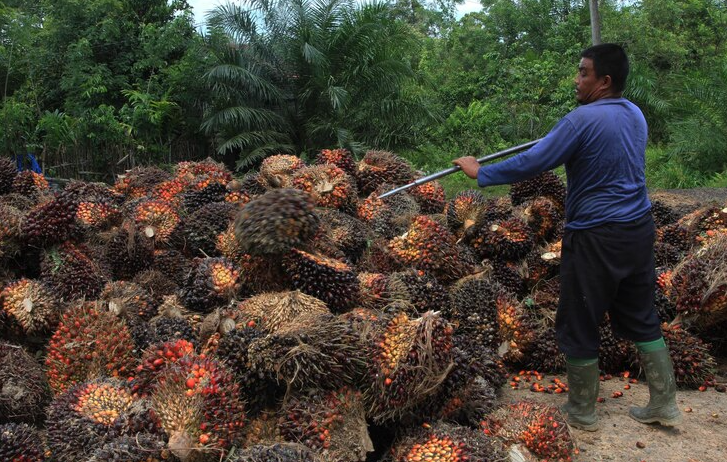In a significant move aimed at strengthening Nigeria’s economy and improving local empowerment, the Federal Executive Council (FEC) has directed the full implementation of the Naira-for-Crude policy. At the same sitting, the Minister of Education announced a ₦300 billion fund dedicated to supporting graduate entrepreneurs, reinforcing the Federal Government’s push toward sustainable youth empowerment and economic reform.
🔄 Understanding the Naira-for-Crude Deal
The Naira-for-Crude policy is a strategic initiative introduced by the Nigerian government to reduce the demand for U.S. dollars in the oil import/export chain by allowing local businesses and countries purchasing Nigerian crude to settle payments in Naira, instead of foreign currencies like the U.S. dollar.
This policy is expected to:
-
Strengthen the Naira by reducing forex pressure
-
Enhance local content participation in the oil industry
-
Boost foreign reserves by minimizing capital flight
-
Encourage bilateral trade with countries willing to accept Naira
According to ThisDay Live, the policy was first proposed in 2023 but faced delays due to operational logistics. With the FEC’s recent directive, full-scale implementation will now be pursued across the board.
“This is about asserting control over our resources and giving our economy a fighting chance,” said a senior official at the Ministry of Petroleum Resources.
📈 Why It Matters
Nigeria’s overdependence on foreign currencies has historically left its economy vulnerable to external shocks, with the Naira constantly depreciating against major global currencies. The full implementation of the naira-for-crude policy is a bold step toward economic sovereignty.
If successfully executed, this could:
-
Lower the exchange rate gap between the official and parallel markets
-
Reduce the pressure on the Central Bank of Nigeria (CBN) to supply forex
-
Encourage African and non-Western buyers to engage more openly with Nigerian oil under flexible terms
💼 ₦300 Billion Graduate Entrepreneur Fund Announced
During the same council meeting, Minister of Education Prof. Tahir Mamman revealed a ₦300 billion fund aimed at supporting graduate entrepreneurs in Nigeria. This initiative, under the framework of the Renewed Hope Agenda, is designed to help young Nigerians transition from job seekers to job creators.
Key highlights include:
-
Accessible funding for graduates with viable business ideas
-
Training and mentorship through tertiary institutions and innovation hubs
-
Special focus on tech, agriculture, and small-scale manufacturing
-
Collaboration with private sector and financial institutions for loan disbursement
“This fund is a clear message from President Tinubu’s administration that our youth are the future of this economy,” said the Minister during the post-FEC press briefing, as reported by Channels TV.
🚀 How These Initiatives Benefit Nigerians
✅ Economic Stability
Reducing dependence on the dollar through the naira-for-crude deal can stabilize prices of goods and services in the local market and reduce inflationary pressure.
✅ Job Creation
The graduate fund will reduce unemployment by enabling educated youths to build scalable businesses, particularly in underserved sectors of the economy.
✅ Boost in Local Investment
By encouraging payments in Naira and creating entrepreneurship pathways, local industries will have more capital circulating internally, leading to industrial growth and innovation.
✅ Youth Empowerment
With access to startup capital, mentorship, and supportive policies, young people can take ownership of their economic destinies.
🔍 The Road Ahead
While both announcements signal progress, execution remains key. Experts have called for:
-
Transparency in fund disbursement
-
Monitoring and evaluation of graduate beneficiaries
-
Effective collaboration with oil marketers and foreign partners for smooth naira-for-crude trade flows
-
Building confidence in the Naira among global oil purchasers
If handled diligently, these directives could mark a turning point for Nigeria’s economy, positioning the country for inclusive growth.
📌 Conclusion
The Federal Executive Council’s directive for the full implementation of the naira-for-crude policy, along with the ₦300 billion graduate entrepreneurship fund, reflects a dual strategy: stabilizing the economy while investing in its future workforce. With proper oversight and public-private synergy, this could be the spark that ignites a new wave of national development.
🔗 References
Last Updated on April 9, 2025 by kingstar





